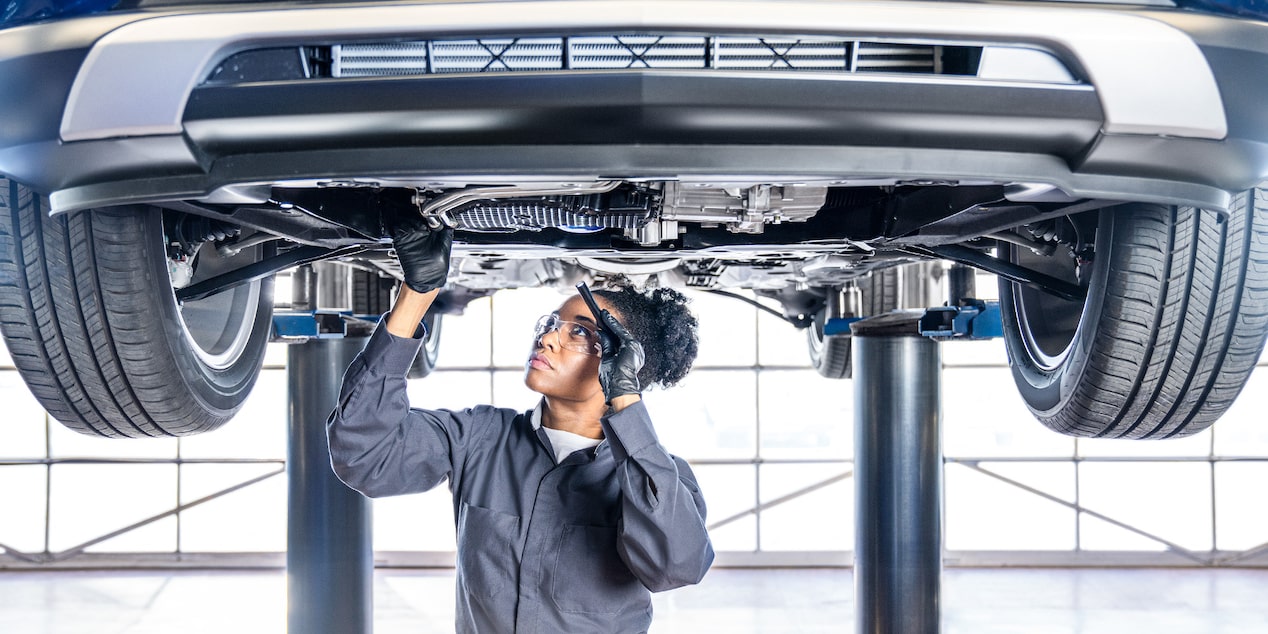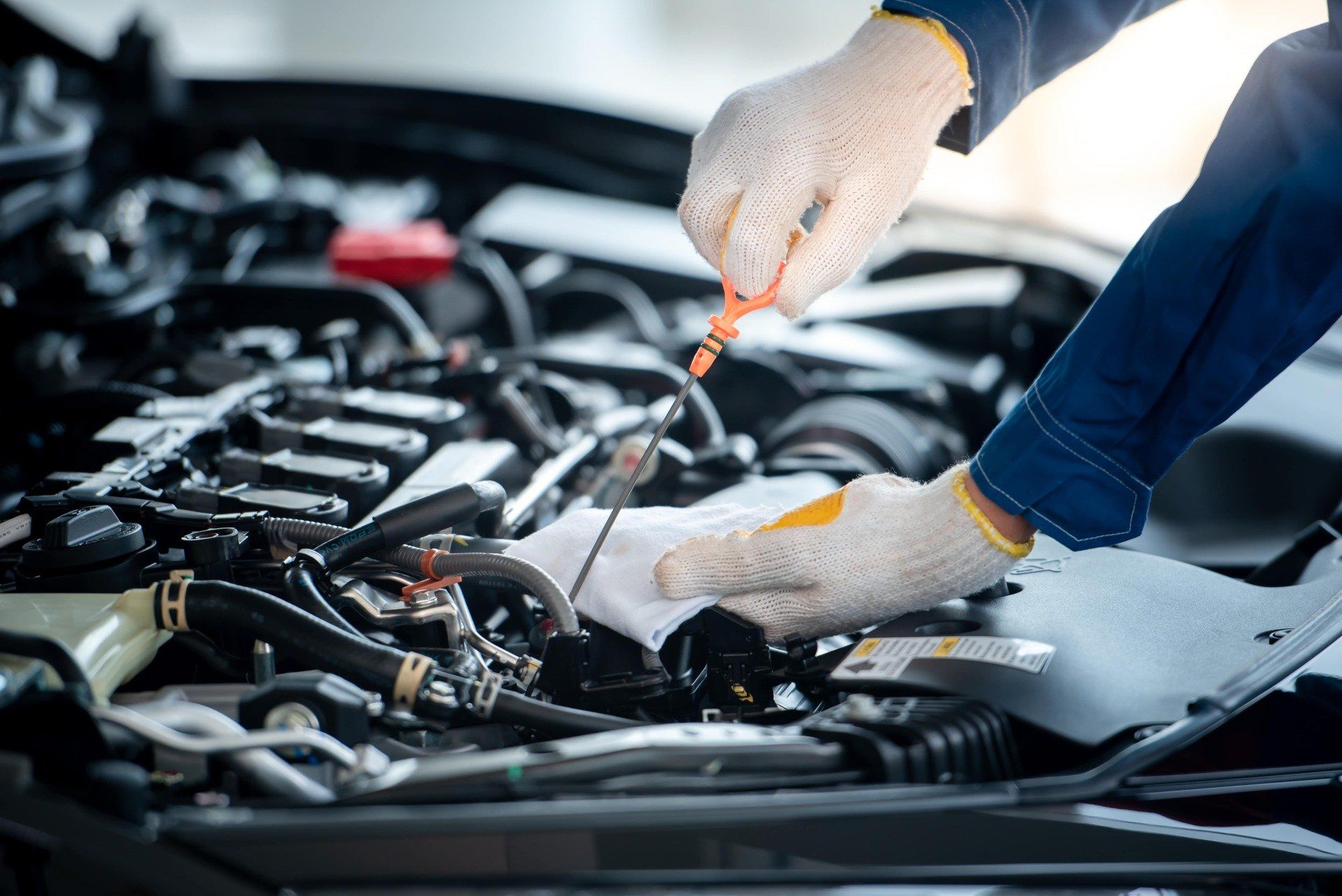All Categories
Featured

[/image]

Your car's engine is the heart of your vehicle, and keeping it in top problem is important for ideal performance and longevity. Normal engine tune-ups are a fantastic means to keep your automobile's health and wellness, improve gas efficiency, and stay clear of expensive repair services down the road. Whether you're a vehicle lover or someone that simply wants to keep their vehicle running smoothly, these engine tune-up pointers will certainly help you obtain the most out of your automobile.
- Change Spark Plugs. Ignition system play an important role in starting your engine and guaranteeing smooth combustion. With time, stimulate plugs can come to be dirty or worn, causing misfires, lowered fuel effectiveness, and harsh idling.
Throughout an engine tune-up, check and change your trigger plugs if essential. The majority of cars need brand-new ignition system every 30,000 to 100,000 miles, depending upon the kind. Frequently replacing spark plugs ensures proper ignition and optimal engine efficiency.
- Check and Clean the Air Filter. The air filter stops dust, dust, and debris from entering your engine. A clogged up or unclean air filter limits air flow, causing your engine to function more challenging and melt even more fuel.
Inspect your air filter throughout a tune-up and replace it if it's filthy. In messy environments or areas with heavy pollution, you may need to change the air filter extra often. A clean air filter can improve fuel effectiveness and extend the life of your engine.
- Examine and Replace Belts and Hose Pipes. Belts and pipes are important for numerous engine features, such as powering the generator, water pump, and a/c system. Over time, these elements can split, battle royal, or wear out, potentially leading to breakdowns.
Throughout a tune-up, check belts and hoses for indications of wear and replace them if required. Replacing these parts proactively can conserve you from pricey repair services and prevent unforeseen failures.
- Clean the Gas System. Your fuel system, consisting of the gas injectors and fuel lines, can collect dirt and carbon deposits gradually, reducing engine efficiency. Cleaning the fuel system during a tune-up aids enhance performance and fuel economic climate.
You can make use of a fuel system cleaner or have an expert mechanic do a much more comprehensive cleansing. This action is specifically vital for older automobiles or automobiles that regularly drive in stop-and-go website traffic.
- Examine the Battery and Charging System. A healthy battery is essential for starting your engine and powering electrical components. Throughout a tune-up, examine the battery terminals for rust and guarantee the links are tight.
Examine the battery's voltage and change it if it reveals signs of weak point. Furthermore, have the generator and charging system evaluated to ensure your battery stays billed during procedure.
- Modification the Engine Oil and Oil Filter. Oil modifications are a basic component of engine maintenance. Engine oil lubes relocating components, reduces rubbing, and assists manage engine temperature level. In time, oil becomes polluted and sheds its performance.
During a tune-up, replace the engine oil and oil filter to keep your engine running efficiently. Follow your automobile's supplier recommendations for oil kind and change intervals.
- Evaluate the Cooling System. The cooling system avoids your engine from overheating. Over time, coolant can degrade or become polluted, reducing its performance.
Inspect the coolant level and problem throughout a tune-up, and flush and change it if needed. Examine the radiator, water pump, and tubes for leakages or damage. A well-kept air conditioning system helps your engine operate at the ideal temperature and prevents getting too hot.
- Test the Ignition System. A damaged ignition system can cause beginning problems and lowered engine performance. Throughout a tune-up, evaluate the ignition coils, representative cap, and rotor (if applicable) Change any type of parts that show signs of wear or damage to guarantee smooth and reliable engine procedure.
- Listen for Uncommon Sounds. During a tune-up, take the opportunity to listen for any uncommon engine sounds, such as knocking, ticking, or hissing. These audios can suggest underlying issues, such as valve troubles, loosened components, or exhaust leakages. Dealing with these troubles early can stop a lot more considerable damage.
- Usage High Quality Components and Fluids. When carrying out an engine tune-up, constantly make use of top quality parts and liquids that fulfill your car maker's specs. Affordable or incorrect parts can compromise your engine's performance and reliability.
Conclusion: A Well-Tuned Engine is Key to Long life. Routine engine tune-ups are vital for preserving your automobile's efficiency, effectiveness, and reliability. By replacing worn elements, cleansing vital systems, and resolving possible problems, you can keep your engine running smoothly for several years ahead. Whether you're doing it on your own or relying upon a relied on mechanic, spending in tune-ups is a smart way to safeguard your automobile and take pleasure in a much safer, smoother adventure.
Latest Posts
Take Advantage of Exclusive Auto Repair Offers in Chicago at Montclare Auto Repair
Uncover Auto Services & More: Comprehensive Auto Care Solutions from Montclare Auto Repair
How to Know When Your Car Needs Expert Car Repair at Montclare Auto Repair
More
Latest Posts
Take Advantage of Exclusive Auto Repair Offers in Chicago at Montclare Auto Repair
Uncover Auto Services & More: Comprehensive Auto Care Solutions from Montclare Auto Repair
How to Know When Your Car Needs Expert Car Repair at Montclare Auto Repair